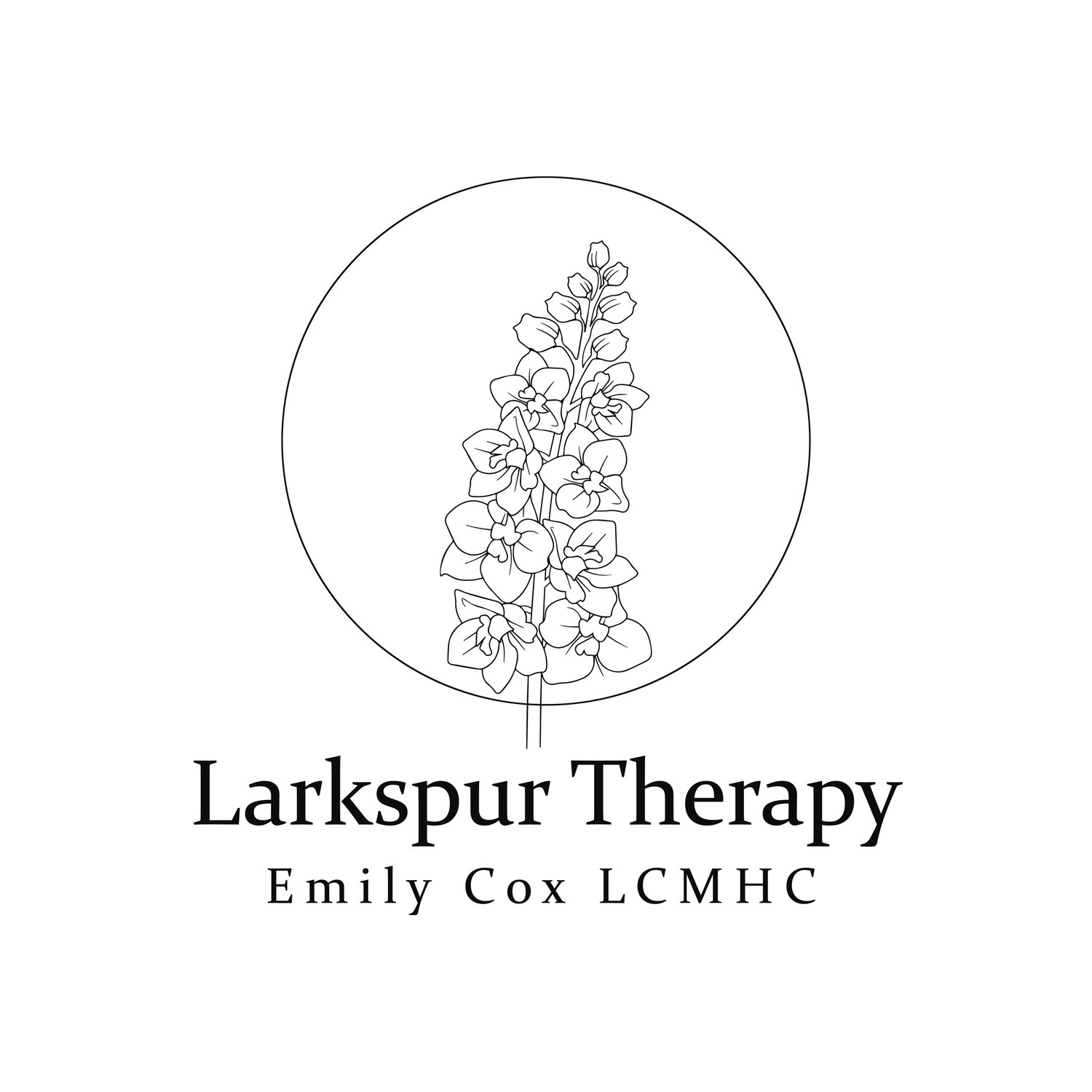
EMDR Therapy
What is EMDR?
EMDR stands for Eye Movement Desensitization and Reprocessing. EMDR is a therapy modality originally developed to treat emotions and beliefs associated with traumatic memories. EMDR uses Bilateral Stimulation (BLS) to tap into memory networks where information is stored and allows for further processing.
You can learn more about EMDR, its benefits, and research into its effectiveness at the link below.
How is EMDR different from Talk Therapy?
EMDR can be more focused on resolving processing traumatic memories or experiences through activating the healing systems of the brain. Clients often don’t have to talk intensively about the specifics of the events to experience the benefits of EMDR. You don’t have to spend all of your time reliving the past. EMDR is a targeted approach that can often be completed in fewer sessions than traditional talk therapy.
What Does an EMDR Session Look Like?
EMDR therapy takes place in eight phases. The eight phases are:
-History Taking
-Preparation
-Assessment
-Desensitization
-Installation
-Body Scan
-Closure
-Re-evaluation
The first few EMDR sessions are spent building skills to calm your nervous system. Together we gather history so we can determine a comfortable point to start reprocessing. The body and the brain will continue to reprocess trauma outside of sessions, so having those regulating skills are important. Once you are comfortable with your skills and a solid starting point, we start incorporating BLS to reprocess the trauma.
EMDR therapy does not erase the memories or experiences. The goal is to access the healing networks of the brain to reduce the intensity of pain and distress out of difficult experiences. This can helps you uncover the source of distressing symptoms, and allow you to make new, healthier connections and associations with material from the past. The memories can still be present after EMDR, but with less distress and with more adaptive connections.
Can EMDR work with Children and Teens?
Yes! EMDR has proven to be effective with children as young as 3. Children and teens can experience the same benefits that many clients receive from EMDR sessions. I often incorporate art, play, music, and games to keep the process engaging and fun for my child clients.
How Do I Get Started with EMDR Therapy?
Contact me for a consultation and we can go from there.
Need help now and don’t want to spend months to get it? Schedule an EMDR Intensive to start changing your patterns now
EMDR Intensives May Be a Good Fit If
You are feeling lost are scared and can’t wait weeks or months to feel some sense of relief
Your schedule does not fit with weekly or biweekly therapy sessions, so you just keep putting them off
You’re already overwhelmed with your to-do list and can’t imagine adding one more weekly appointment
You’re feeling stuck in your current therapy routine and feel a need for something different
What is an
EMDR Intensive?
EMDR Intensives are extended therapy sessions that can help to relieve some of the stress and overwhelm you are experiencing. Intensives happen during longer therapy sessions over 3 days. During this time we use the process of EMDR to lessen the impact of negative emotions and change the negative self-belief embedded in the memory. The goal is to shift the brain pathways and facilitate healing. Intensives help clients process a larger amount of material at a faster pace compared to traditional weekly sessions.
All EMDR Intensives are offered through telehealth.
Why EMDR Intensives instead of weekly sessions?
-
EMDR intensives enable rapid mental, physical, emotional, and spiritual transformation. Clients report shifts within 2-5 days. EMDR Intensive can be similar to a spiritual or personal retreat.
-
The focused nature of EMDR intensives makes them more cost-effective for addressing specific traumas compared to weekly therapy sessions.
-
Weekly therapy may not be an option for all. This can be due to busy schedules, frequent travel, work limitations, or other responsibilities. EMDR intensives provide an opportunity for individuals with busy lives to focus on deep inner work and use their time effectively.
-
EMDR intensives can serve as a valuable adjunct therapy to traditional talk therapy. EMDR can offer trauma-focused treatment to complement your primary therapeutic work.
Considering an EMDR Intensive?
Additional information
Intensives are most appropriate for individuals who currently have some self-regulation and coping skills to use an self-soothing techniques. This is often required during and after the sessions. Intensives are not recommended for those in active crisis.
These intensives are not recommended for clients experiencing high levels of dissociation.
It is not recommended to participate in intensives if there have been any suicide attempts or serious suicidal thoughts with a clear intent or specific plan within the past year.
EMDR Intensive Options
-
3 hours for 3 days within the same week
Friday 1pm-4pm
Saturday 1pm-4pm
Sunday 1pm-4pm
30 minute follow up session
Total $3,500
50% deposit due to book. Remainder is due the first day of the intensive
Insurance will not reimburse intensive sessions
-
Currently working with a therapist but curious to try EMDR? Some clients get stuck in their current therapy and want to try EMDR to work through something in a different way. Clients can add a week of intensive EMDR with me to their current therapy routine as a "booster shot" and then return to working with their therapist. Contact me for scheduling details.



